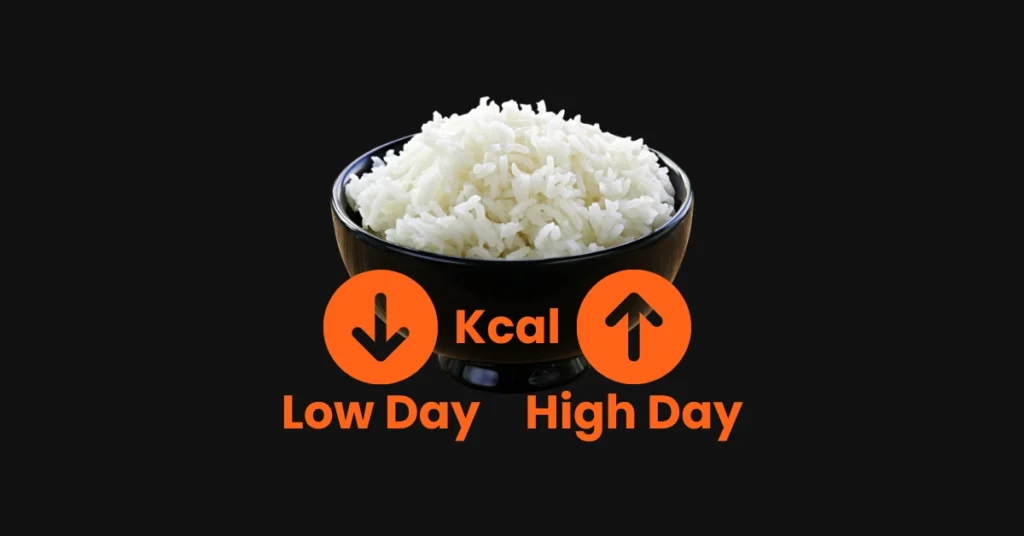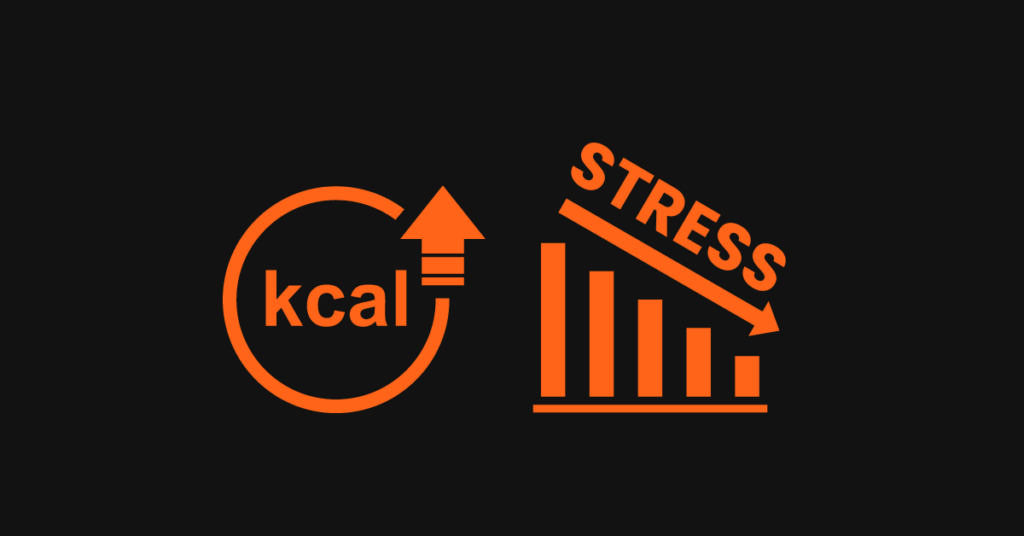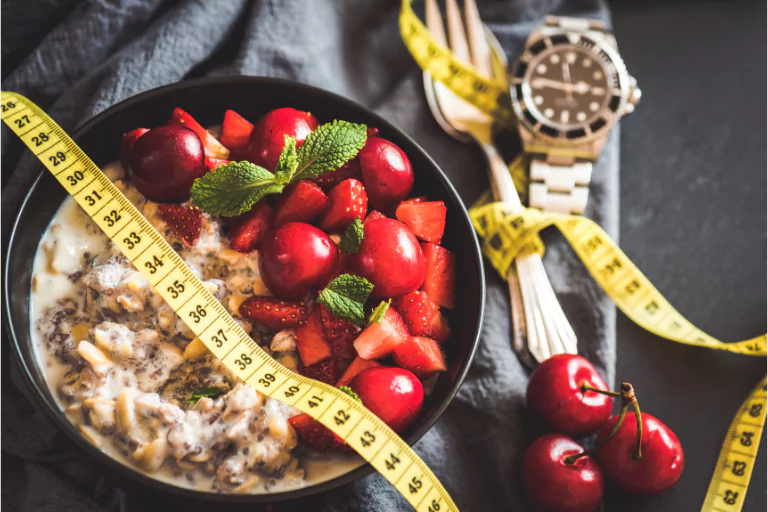12 Reasons You Can not stick to a diet
Weight loss is a relatively simple process, although this does not mean it is necessarily easy. Most people can start a diet or fat loss phase and maintain it for a while, but the problem is they are unable to sustain it for long enough to see real meaningful results, especially if it is set up poorly as is often the case. Sheer willpower alone can go a long way when motivation is high at the beginning of a diet, however, this is not likely to last indefinitely.
energy balance
Although the calories in calories out model of energy balance is overly simplistic, the fundamentals of energy balance apply. A negative energy balance will need to be in place to lose weight or more importantly, body fat. An individual will need to sustain a calorie deficit for some time, depending on how much body fat they need to lose. Sustainability and adherence are key, especially when working towards more advanced levels of leanness such as 15% body fat and below.
12 reasons you can not stick to a diet
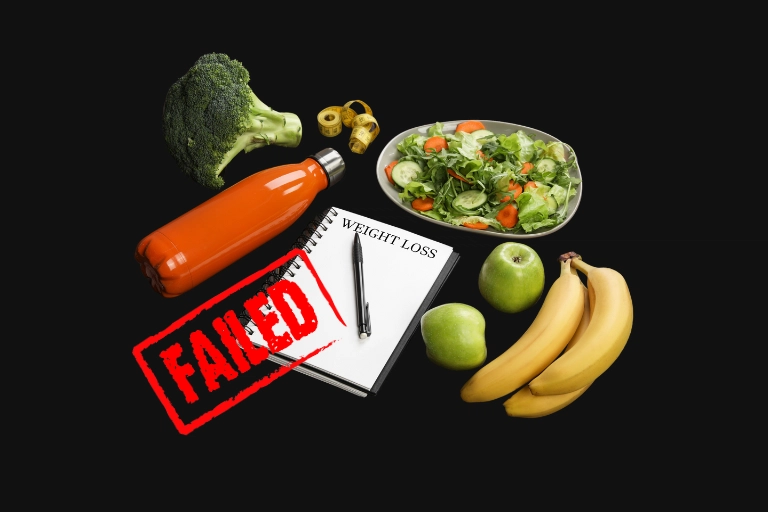
In this article I will be referring to diet in the context of a fat loss phase, where an individual is restricting calories to reduce body fat, however, some of the points mentioned below can make adherence to a nutrition plan more difficult, even when an individual is consuming more food and is not actively trying to lose body fat.
Here are 12 reasons you can not stick to a diet:
Your diet is too restrictive
One of the biggest mistakes we see is people trying to follow overly restrictive diets. This can be in terms of their overall calories being too low, as well as the over-restricting of food choices, where certain foods or whole food groups are removed, often it is both. An overly aggressive calorie deficit may work for a few weeks, in terms of weight loss on the scale (largely due to reduced glycogen/water), however, it is ultimately unsustainable.
Some degree of hunger is to be expected in a fat loss phase, however, high levels of hunger from super low-calorie diets, especially from day one of a diet will ultimately lead to poor adherence and the inability to maintain a calorie deficit long enough to achieve any meaningful fat loss. Yes, you may be able to get by on pure willpower alone, but this will not last for long. The more advanced our fat loss goals are, the longer we will need to diet for, and the higher our hunger levels will become, therefore, managing hunger levels is vital.
When our goal is to improve body composition, we do not simply want to lose weight on the scale, our goal is to reduce body fat and retain or even build muscle. Consuming too few calories will also lead to muscle loss, as well as a lack of energy to train hard (required to maintain or build muscle) and recover. The lower our calories are the sooner and greater the degree of metabolic adaption (metabolic rate slows down) will likely be which is something we want to avoid as much as possible.
You are not focusing on whole foods
Food choices and food quality are important in a fat loss phase. Choosing minimally processed, nutrient-dense, whole foods, is vital, due to their effect on satiety, which is especially useful in a fat loss phase. Managing hunger levels will make adherence to a fat loss diet easier, allowing for sustainable fat loss. Whole foods will support our training, recovery from exercise, and general health, as well as our mental health and well-being. Whole foods will also allow us to track our calories and macronutrients accurately. Nutritional labels on more processed foods can be inaccurate and can lead to the overconsumption of calories, even when tracking.
Your Meals are not balanced
Looking at the macronutrient ratios (carbohydrates, proteins, fats) of a meal as well as over the day takes things a step further from looking at food quality and calories. Consuming adequate protein in each meal, as well as finding a good balance of carbohydrates and fats that work well for you, will keep you satisfied between meals.
Some common problems we see with poorly balanced meals include:
- Not enough Protein (less than 20g per meal).
- Too many carbohydrates compared to protein and fat. This results in a blood sugar spike, followed by a crash resulting in low blood sugar, low energy, and hunger.
- Not enough fat (fat slows down the digestion of a meal, allowing you to go longer between meals)
- Not enough fiber.
Your daily Protein is too low
Protein has a positive effect on satiety, which is particularly important in a fat loss phase, where some degree of hunger is to be expected. Consuming adequate protein over the day will help with adherence to a calorie deficit and is also important for maintaining muscle in a calorie deficit when there is a greater risk of muscle loss.
You are not tracking your food
You do not need to track your food to lose weight, although we recommend it as a learning tool, as it can help an individual understand the different food groups, and how different ratios of carbohydrates, proteins, and fats within a meal and over the whole day can affect body composition, energy levels, performance in the gym and recovery, as well as how they feel in general. Using MyFitnessPal and other apps allows you to track macros easily, and can also help with meal planning.
People who do not track their food or have no experience with tracking, and therefore are not good at estimating the amount of food they are consuming, will often undereat, while at the same time dramatically increasing their exercise levels because they feel the less they eat and the more they exercise the better. This may work for a few weeks, however, this is unsustainable, and will not work long-term, as mentioned previously.
Tracking macronutrients, at least initially, can help people achieve a moderate calorie deficit, allowing them to lose body fat at a sustainable rate, while also taking in enough calories to train hard and recover from strength training. It will also enable them to make adjustments to their calories/macros when needed since the calories you can lose weight on at the beginning of a fat loss phase will likely be different towards the end of a fat loss phase.
Individuals who do not track their food can often consume too many calories. A common mistake we see is people going on diets that contain certain foods they believe are healthy and overconsuming these foods. They are on their ‘diet’ and are eating the foods they believe they need to be eating to lose weight, however, they are still at maintenance calories resulting in no weight loss. With no results to see for their efforts at ‘healthy eating’ motivation will be lost and adherence to a diet will likely be more difficult.
Your diet is not aligned with your lifestyle
For a fat loss phase to be successful an individual will need to align their diet with their lifestyle. This is even more important the longer someone needs to diet, as well as the level of leanness they are looking to achieve. Trying to prepare complex meals or using meal frequencies that do not fit with the busy modern lifestyle can make adherence to a diet difficult. If you can not see yourself eating the way you are for multiple weeks or even months, and you’re current meal setup and meal frequency are causing you stress, or making adherence and consistency difficult, you will likely struggle to stick to your diet.
You are consuming too many liquid calories
Liquid calories are not as satiating as eating real food, even if a meal replacement shake has the same number of calories and macronutrients as a whole foods-based meal. For this reason, drinking too many protein shakes and smoothies in a fat loss phase can make adherence to a diet more difficult.
You may be performing too much of the wrong types of exercise
Performing too much high-intensity exercise such as circuit-based workouts, and cross-fit style training can make adherence to a fat loss diet more difficult. Although these types of activities burn a lot of calories they are also more stressful, have a greater recovery cost, and will increase appetite and hunger levels for most people. We are not saying you can not perform these types of activities, however, we believe there are better ways to exercise during a fat loss phase. Performing too much of this type of exercise does not work well for the majority of people, although it can be an option for some people.
Your daily activity is too low
Structured exercise such as strength training allows us to build and/or maintain muscle in a calorie deficit and has numerous other health benefits. Strength training to build strength and muscle does not burn a large amount of calories, however. The hour you spend in the gym each day will account for a fraction of your overall daily energy expenditure, and the majority of the calories you burn throughout the day will come from your daily activity.
If you are leading a sedentary lifestyle, maintaining a calorie deficit can become extremely difficult, and this can be even more of a problem for smaller individuals, especially smaller females. The amount of calories required to maintain a negative energy balance can be extremely low, making adherence to a fat loss diet unsustainable. A simple solution is to increase your activity level by walking more, aiming for a step target each day.
You may be using cardio wrong
You do not need to perform cardio to achieve fat loss, although it can help assist in fat loss and is useful in certain situations. Performing cardio you do not enjoy and is not appropriate for you is not a good idea, and is likely unsustainable. Performing too much cardio as well as working at the wrong intensity can be counterproductive. Higher-intensity cardio can increase appetite, which is not a good idea in a fat-loss phase. If the amount of cardio you are performing as well as the intensity feels too much and is making you more hungry, maintaining a calorie deficit will be more difficult, and it may be time to rethink your current cardio strategy.
Your sleep quality is poor
Sleep quality and duration are important at any time, especially during a fat loss phase when the body is under more stress and has less recovery ability due to a reduced-calorie diet. Getting consistent good quality sleep will make fitness goals such as losing body fat and building muscle easier. Poor sleep quality can be an indication that you are placing too much stress on the body. You may be performing too much exercise and your diet could be too restrictive. This combined with other daily stressors such as work, can lead to the low energy state.
If your sleep quality is poor, your energy levels, motivation to exercise, as well as your general well-being and mood will be affected, and your hunger levels will increase. All of these factors can make adherence to a fat loss diet more difficult.
You are not taking diet breaks
To achieve a fat loss goal, we do not have to diet continuously, and dieting for too long can even be detrimental. Breaking a fat loss phase up into blocks of time can be a great idea. This can be more or less beneficial depending on the amount of body fat you have to lose, and therefore the amount of time you will need to diet for, as well as the level of leanness you are looking to achieve. Taking regular diet breaks as well as refeed days can make adherence to a calorie deficit easier.
How To fix adherence to a diet
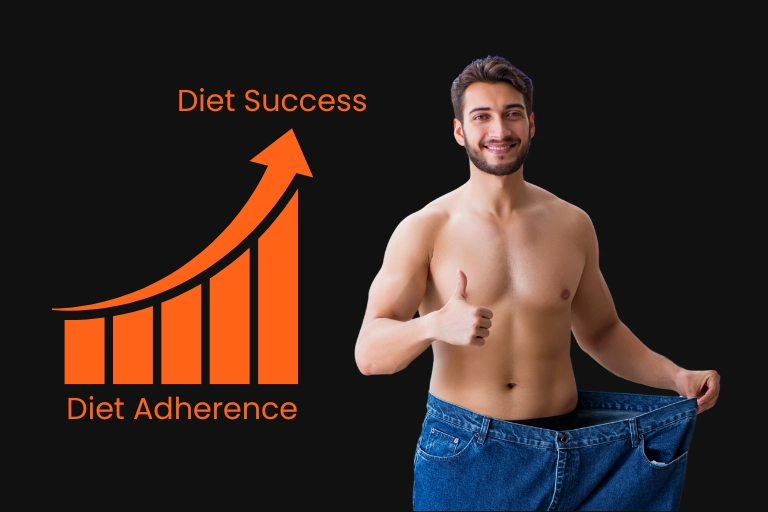
If you are struggling to stick to a diet addressing one or more of the above, will likely improve adherence and can make a fat loss phase sustainable allowing you to achieve your fat loss goals.
Focus on the basics
- Maintain a moderate calorie deficit (aim to lose around 1% of body weight per week)
- Learn to track your macronutrients, and track them for at least a period of time.
- Eat whole foods most of the time, and align your diet with your current lifestyle.
- Balance your meals and consume adequate protein (1.6-2.2 grams per kg of body weight or target body weight)
- Perform strength training 3-4 times per week.
- Increase daily activity, aim for 10-12k steps per day in a fat loss phase.
- Perform the right types of cardio (mostly zone 2), but not too much.
- Focus on sleep quality
- Mitigate stress as much as possible.
- Experiment with diet breaks.
If you need more help, specifically on setting up a sustainable fat loss diet, you can download our free fat loss guide:
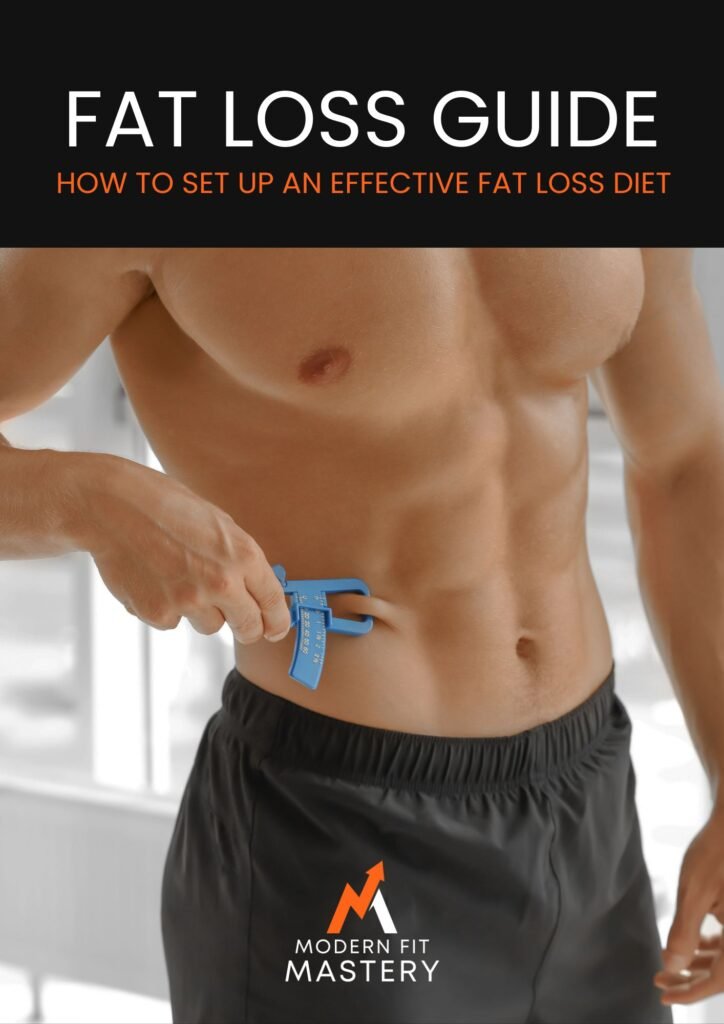
conclusion
There can be many reasons why people fail to stick to their diets and therefore fail to achieve their fat loss goal. Setting up a healthy diet that is not overly restrictive, supports your activity level, and is aligned with a healthy lifestyle is vital. The amount of exercise you perform as well as the intensity should also be taken into consideration, and important lifestyle factors such as getting quality sleep and reducing stress should be prioritized.
read more articles on fat loss

